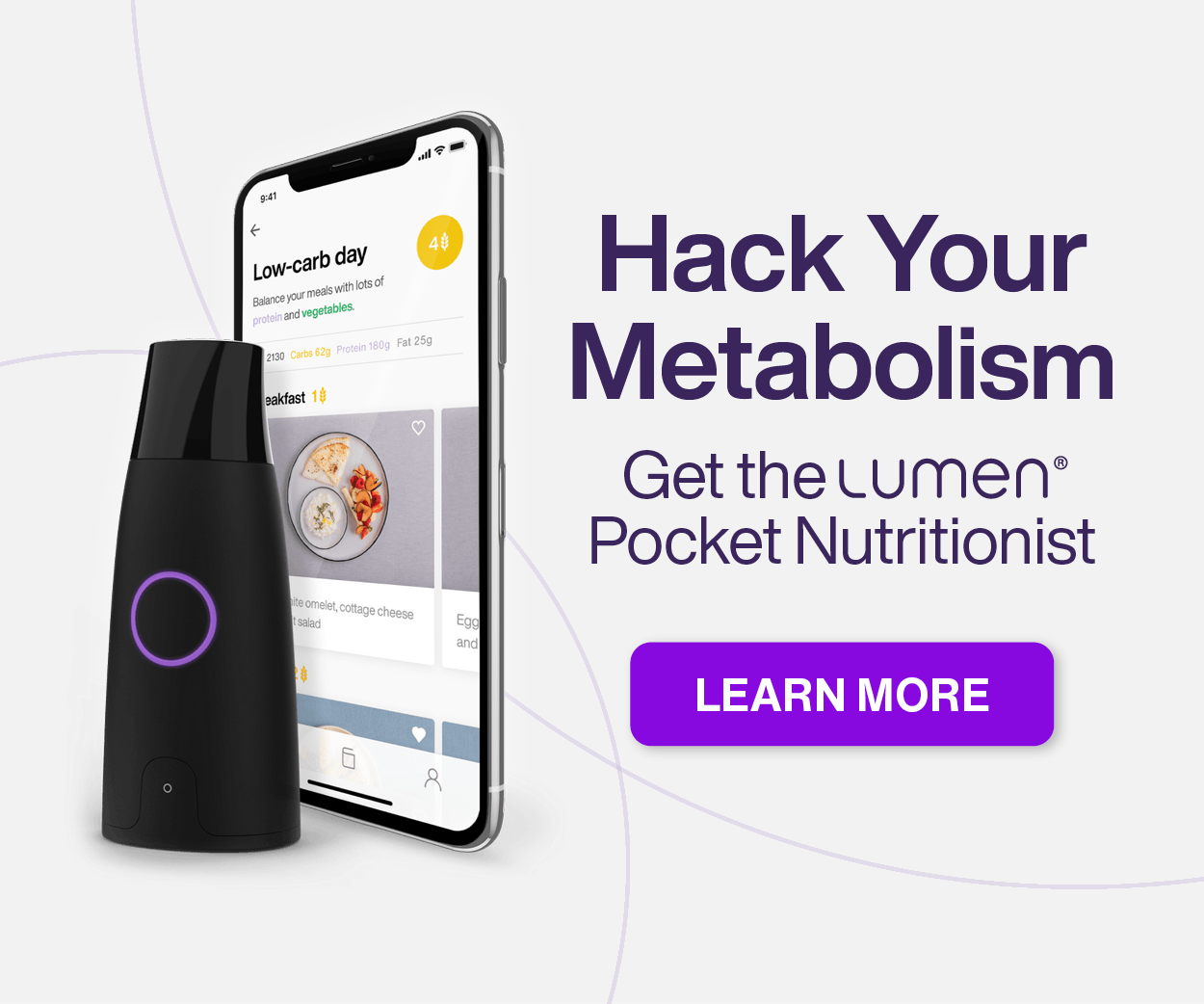 Since it’s finally starting to feel like winter here in NYC, I am getting way more in the soup mindset. Although with our busy lives (recurring evening workshops 3 days a week… oy) it’s not always possible to make soups from scratch, a new cookbook I received over the holidays, Vegan Soups and Hearty Stews for All Seasons, has really been motivating me to get souping!
Since it’s finally starting to feel like winter here in NYC, I am getting way more in the soup mindset. Although with our busy lives (recurring evening workshops 3 days a week… oy) it’s not always possible to make soups from scratch, a new cookbook I received over the holidays, Vegan Soups and Hearty Stews for All Seasons, has really been motivating me to get souping!
The other night, we made a big batch of this Thai Sweet Potato Stew, and I’ll tell you what, it was warming, nourishing, and sooooo delicious!
Thai Sweet Potato Stew
Serves 6
Ingredients:
I made a few OB substitutions.. agave for sugar, almond butter for peanut butter, and left out the lemongrass and tofu… but you should experiment!
1 tbsp olive oil
1 medium onion, chopped
4 to 6 cloves garlic
3 medium-large sweet potatoes, peeled and diced
3 cups water
1 medium green bell pepper
1 1/2 cups frozen green beans
1/2 tsp (or more, depending on how spicy you want it) red curry paste
2 tsp minced fresh ginger
1 tbsp agave, optional
2 stalks lemongrass, optional
1 13.5 oz can organic light coconut milk
2 tbsp raw, organic almond butter
salt to taste
One 8 oz package baked tofu, optional
Cilantro leaves for garnish
Heat the oil in a soup pot. Add the onion and sauté over medium-low heat until translucent. Add the garlic and continue to sauté until both are golden. Add the sweet potatoes and water. Bring to a rapid simmer, then lower the heat. Cover and simmer for 10 minutes, or until the sweet potatoes are about half done. Add the bell pepper, green beans, curry paste, sugar, and ginger. If using lemongrass, cut each stalk into 3 or 4 pieces, and bruise by making long cuts here and there with a sharp knife. This will help release the lemony flavor. Stir into the soup pot and simmer for 10 minutes longer. Stir in the coconut milk, almond butter, salt and optional tofu. Return to a simmer and cook over very low heat for another 10 minutes, or until all veggies are tender and flavors well integrated.
Remove lemongrass pieces, taste to adjust seasonings, and serve at once, topping with a few cilantro leaves.
SaveSave





 Since it’s finally starting to feel like winter here in NYC, I am getting way more in the soup mindset. Although with our busy lives (recurring evening workshops 3 days a week… oy) it’s not always possible to make soups from scratch, a new cookbook I received over the holidays,
Since it’s finally starting to feel like winter here in NYC, I am getting way more in the soup mindset. Although with our busy lives (recurring evening workshops 3 days a week… oy) it’s not always possible to make soups from scratch, a new cookbook I received over the holidays, 














